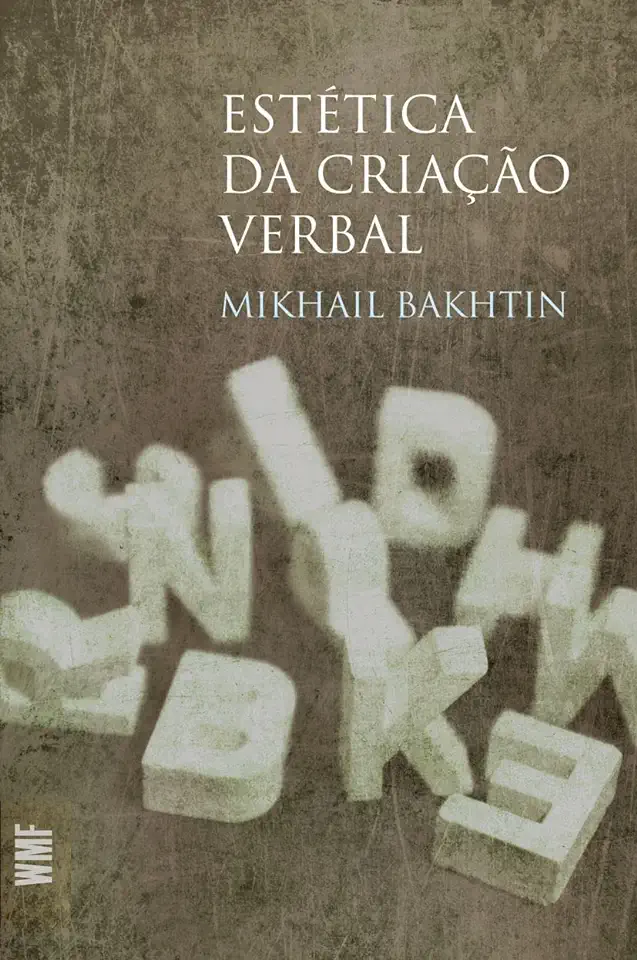
The Dialogic Imagination - Mikhail Bakhtin
The Dialogic Imagination: A Masterpiece of Literary Theory
Mikhail Bakhtin's The Dialogic Imagination is a seminal work of literary theory that has had a profound impact on the way we think about language, literature, and culture. Bakhtin argues that language is not a neutral medium for communication, but rather a dynamic and contested space where different voices and perspectives come into conflict. He also emphasizes the importance of dialogue in human life, arguing that it is through dialogue that we come to understand ourselves and the world around us.
The Dialogic Imagination is a challenging and rewarding book that offers a unique and insightful perspective on the nature of language, literature, and culture. It is a must-read for anyone interested in these fields.
Bakhtin's Theory of Dialogue
Bakhtin's theory of dialogue is based on the idea that language is not a neutral medium for communication, but rather a dynamic and contested space where different voices and perspectives come into conflict. He argues that all language is inherently dialogic, meaning that it is always in conversation with other voices, whether they are present or absent.
Bakhtin identifies two main types of dialogue:
- Direct dialogue: This is the type of dialogue that occurs when two or more people are speaking to each other directly.
- Indirect dialogue: This is the type of dialogue that occurs when someone speaks to an absent audience, such as when they write a book or give a speech.
Bakhtin argues that both direct and indirect dialogue are essential for human life. Direct dialogue allows us to communicate with each other and to build relationships. Indirect dialogue allows us to share our thoughts and ideas with others, even if they are not present.
The Importance of Dialogue in Human Life
Bakhtin believes that dialogue is essential for human life. He argues that it is through dialogue that we come to understand ourselves and the world around us. Dialogue allows us to share our thoughts and ideas with others, and to learn from their perspectives. It also helps us to develop our critical thinking skills and to become more tolerant of other viewpoints.
Bakhtin's theory of dialogue has been influential in a wide range of fields, including literary theory, linguistics, philosophy, and psychology. It has also been used to inform the development of new educational practices that emphasize the importance of dialogue and collaboration.
The Dialogic Imagination in Literature
Bakhtin's theory of dialogue has been particularly influential in literary theory. He argues that literature is a dialogic art form that reflects the dynamic and contested nature of language. Bakhtin identifies a number of features of literary discourse that make it dialogic, including:
- Heteroglossia: This is the presence of multiple voices and perspectives in a literary text.
- Polyphony: This is the coexistence of multiple voices in a literary text, each with its own unique perspective.
- Carnivalization: This is the use of humor, parody, and other forms of subversion to challenge the dominant ideology.
Bakhtin argues that these features of literary discourse make it a powerful tool for exploring the complex and contradictory nature of human experience.
Conclusion
The Dialogic Imagination is a challenging and rewarding book that offers a unique and insightful perspective on the nature of language, literature, and culture. It is a must-read for anyone interested in these fields.
Bakhtin's theory of dialogue has had a profound impact on the way we think about language, literature, and culture. It has also been influential in a wide range of other fields, including linguistics, philosophy, psychology, and education. The Dialogic Imagination is a truly groundbreaking work that continues to inspire and challenge readers today.
Enjoyed the summary? Discover all the details and take your reading to the next level — [click here to view the book on Amazon!]